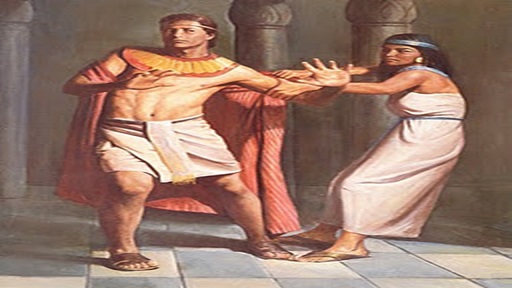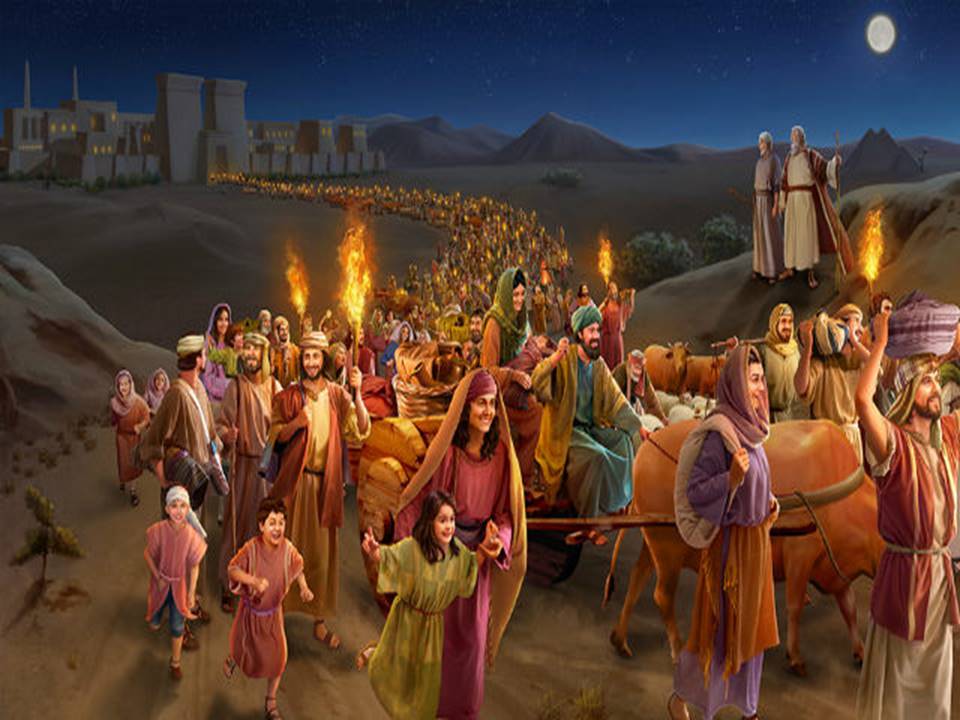
Behind the Scenes: A Look at Hatach

Samuel Smith
23 Jan'19
5
BEHIND THE SCENES: A LOOK AT HATACH
"Again Esther spake unto Hatach, and gave him commandment unto Mordecai." (After going through years of servitude in the land of the Chaldeans, and the Medo-Persians, the opportunity was granted to the descendants of Jacob -- the children of Israel to return to their home country. Of this we read from the Spirit of Prophecy, "Under the favour shown them by Cyrus, nearly fifty thousand of the children of captivity had taken advantage of the decree permitting their return. These, however, in comparison with the hundreds of thousands scattered throughout the provinces of Medo-Persia, were but a mere remnant. The great majority of the Israelites had chosen to remain in the land of their exile rather than undergo the hardships of the return journey and the re-establishment of their desolated cities and homes. A score or more of years passed by, when a second decree, quite as favourable as the first was issued by Darius Hystaspes, the monarch then ruling. Thus, did God in mercy provide another opportunity for the Jews in the Medo-Persia realm to return to the land of their fathers. The Lord foresaw the troublous times that were to follow during the reign of Xerxes--- the Ahasuerus of the book of Esther--- and He not only wrought a change of feeling in the hearts of men in authority, but also inspired Zechariah to plead with the exiles to return" (Prophets and Kings 598).
Thus, the children of captivity became so much interested in staying in the foreign territories. As God foresaw, the devil stirred a satanic zeal in the heart of "Haman, the son of Hammedatha the Agagite" (
There are basically four references to the man Hatach, and all of these occur in the fourth chapter of the book of Esther (
Beloved, sometimes in the work of the Lord, we may be called to a "not-so-easily-recognizable" position but all of these are for the salvation of souls. Like Hatach, we may not be frontline workers; we may not be heaped with praises but what is important is to hear the glad proclamation at the end of our task, "Well done, thou good and faithful servant: thou hast been faithful over a few things, I will make thee ruler over many things: enter into the joy of thy lord" (
Jude Adjei Asamoah












